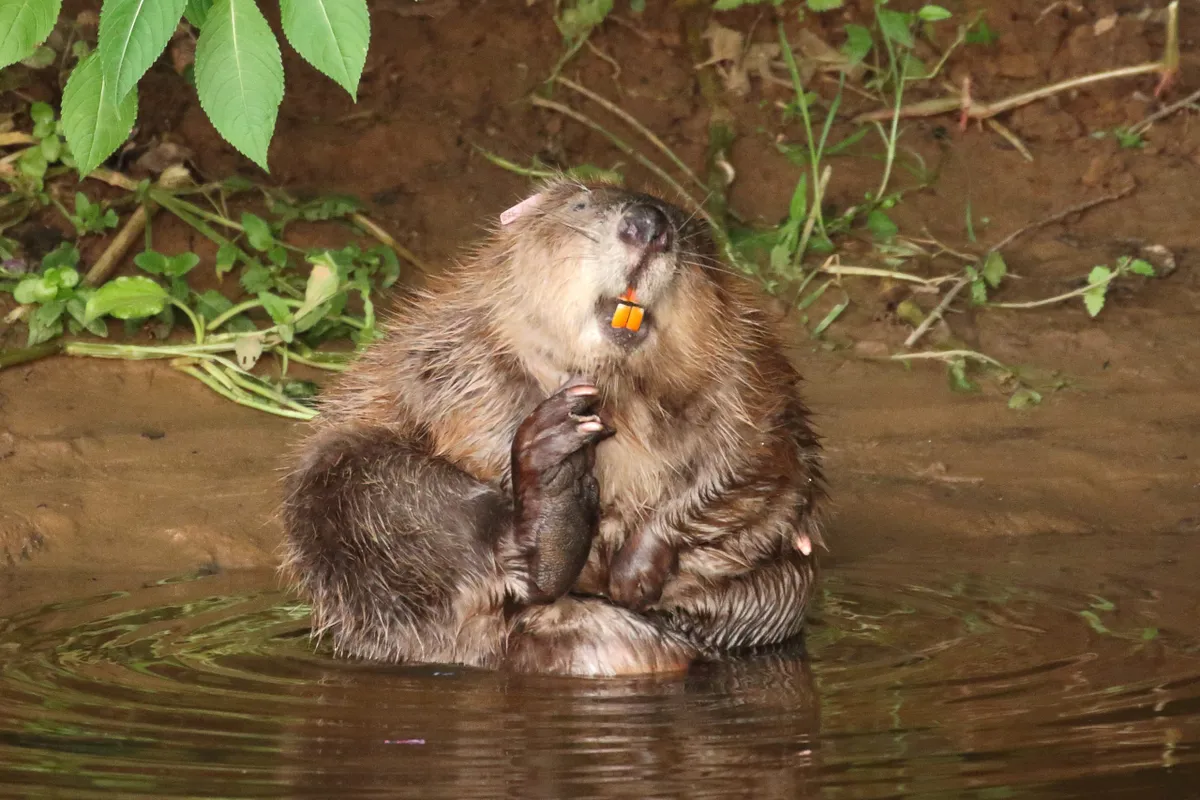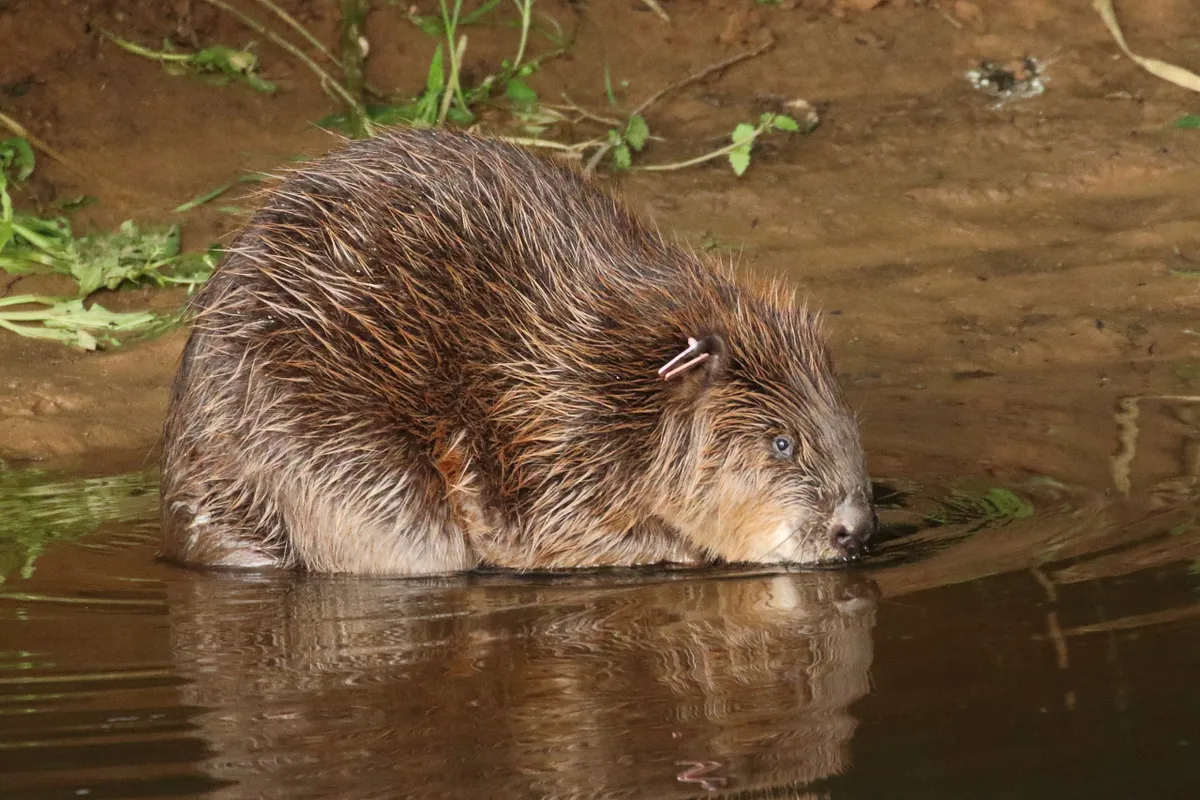Wild beavers, once part of England’s rich tapestry of wildlife, had been absent in the country for around 400 years. Hunted to extinction, the animals were in demand for their meat, fur, and castoreum, which was used in medicines and perfumes.
But in 2008, wild beavers were found for the first time in England on East Devon’s River Otter. Although the origin of these animals here is unclear, they are clearly thriving, with an estimated 15 family groups colonising nearly all of the river’s catchment.
But their future on the river, and indeed in the country, has been shrouded in uncertainty for years.
Today, a landmark decision from Defra announced the decision for these enigmatic mammals to be given a permanent right to remain in their East Devon river home, securing their future in England.
The Government made its decision for the mammals to permanently remain on the River Otter thanks to evidence in a report published earlier this year from the River Otter Beaver Trial (ROBT).
The ROBT — run by Devon Wildlife Trust and partners — was a 5-year trial analysing the beavers and their impacts. It concluded that the animals’ presence was overwhelmingly beneficial to the people and wildlife living along East Devon’s River Otter.

Although the report highlighted problems a small number of landowners experienced from the beavers’ presence, these were successfully managed from support and intervention from Devon Wildlife Trust, and the Trust is calling on the Government to give further support to landowners in order to secure the continued success of beavers in England.
Beavers are large members of the rodent family, sometimes growing to more than 20kg.
Their dam building activities have long been thought to bring numerous environmental benefits, but the ROBT study provided the Government concrete evidence that this is the case.
“Beavers are nature’s engineers and have the unrivalled ability to breathe new life into our rivers and wetlands. Their benefits will be felt throughout our countryside, by wildlife and people,” said Peter Burgess, director of conservation at Devon Wildlife Trust.
The trial concluded that fish, insects, birds, and mammals such as water voles benefitted the most from the beavers due to the ways in which beavers are able to enhance wetland habitats with their dams. Other benefits include carbon storage, minimised flood risk, improved water quality, increased biodiversity, and socio-economic benefits through wildlife tourism.
That these enigmatic animals have been given permanent legal right to remain in Devon in 2020 is a major victory for their comeback in England.

But their story in this country shouldn’t just end here, as Craig Bennett, chief executive of The Wildlife Trusts, explains: “Now we need to see the Government produce a national beaver strategy which will provide a roadmap for their future across the rest of the country.
“Bringing beavers back where they belong is part of a bigger story. The Wildlife Trusts aim to put at least 30% of our land and sea aside for nature’s recovery by 2030 – creating more space for nature and protecting and connecting those areas to bring our wildlife back.”
Read a longer feature on England's beavers in the September issue of BBC Wildlife Magazine
Main image: Female beaver with kits. © Mike Symes/Devon Wildlife Trust